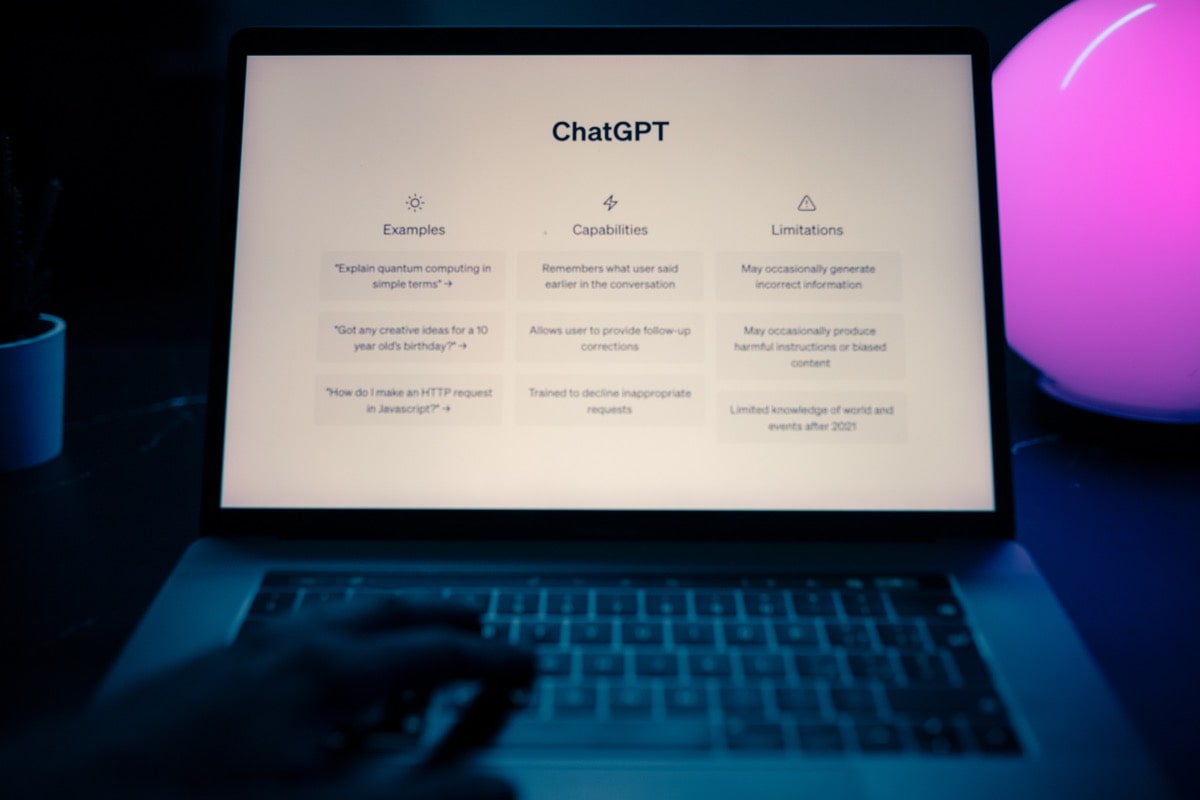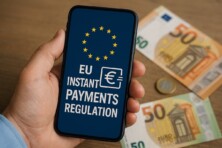The lawsuit against OpenAI, the maker of the popular chatbot ChatGPT, was filed in the United States District Court for the Northern District of California by Clarkson Law Firm on June 28

A class-action lawsuit against OpenAI was filed in California on June 28. The firm allegedly scraped private user information from the internet to train its artificial intelligence (AI) chatbot ChatGPT.
According to the legal suit filed by Clarkson Law Firm, OpenAI allegedly collected data from millions of social media comments, blog posts, Wikipedia articles and family recipes in order to train its popular AI tool. The problem is the company did so without the consent of the respective users. In this respect, the firm violated the copyrights and privacy of millions of internet users, including children of all ages, says the filing.
Moreover, the 16 plaintiffs in the case claim that OpenAI illegally accessed their private information from individual interactions with ChatGPT. If the allegations are accurate, the firm will be accused of a breach of the Computer Fraud and Abuse Act. Microsoft, a major OpenAI investor, was also named a defendant in this lawsuit.
In early June, a Dutch watchdog also requested OpenAI to clarify the algorithm for processing confidential user information. In April, the European Data Protection Council created a task force specializing in ChatGPT, using it as a platform where EU member States can exchange information on possible regulatory measures.
As generative AI technology is gaining traction and ChatGPT becomes a widely used tool, governments worldwide are proposing legislation to regulate the nascent industry and protect customer data. Some of the proposed laws are placing too many limits on innovative AI models.
Earlier this month, we reported that OpenAI has successfully lobbied for changes to the legislation of the European Union on artificial intelligence. The firm noted that the process of interaction with European politicians continues, and expressed support for the EU’s goal to ensure conditions for the creation, deployment, and safe use of artificial intelligence tools now and in the future.









